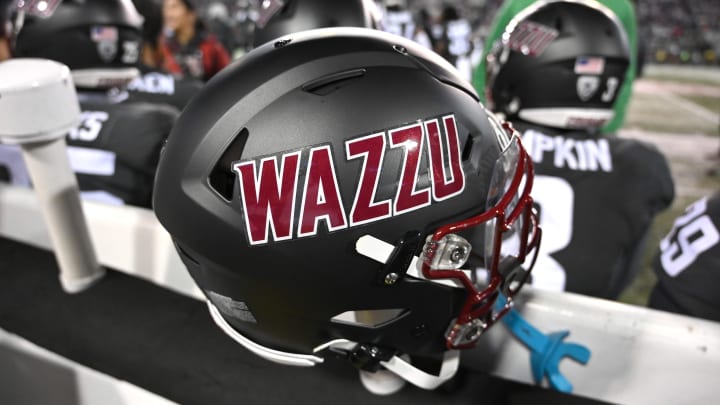Former Wazzu AD Says NIL Shouldn’t be ‘Inducement’ for Transfer

It’s everyone’s dream to go back to their alma mater and Jim Sterk has made that a reality.
It also offers him a prime seat to watch what’s happening the college athletics space, specifically with Name, Image and Likeness.
The 68-year-old Sterk, formerly the AD at Washington State, is now running athletics at Western Washington in Bellingham, where he was born. The Division II school is benefiting from his vast knowledge of the space.
But Sterk knows that all of the change in the NIL space is rippling throughout college sports, even down to Division II, which doesn’t have near the money that major college athletic programs have.
Sterk recently did a question-and-answer session with CougFan.com, which covers the Cougars for 247Sports.com. The question about NIL came up and he referenced a recent situation at WWU in which one of their athletes transferred to a Division I school.
Sterk felt the athlete earned the chance, but he wans to avoid NIL being something more than something that a student-athlete can tap into in order to make extra money.
“We had a student-athlete who had a great year and he's gone to a Division I school from Western Washington,” Sterk said. “So that's happening and you don't blame that kid, but I think name, image, and likeness shouldn't be used as an inducement by outside sources, outside the university. I don't know whether you can get the genie back in the box there because of all the legalities.”
NIL — or the lack of access to it before the NCAA vs. Alston ruling in 2021 — is part of the reason the House vs. NCAA settlement is happening. Along with the highly-publicized revenue-sharing coming for current student-athletes, former student-athletes for Division I schools will benefit from the settlement in billions of back payments.
It’s not his problem, at least at a Division I level, but he’s advocating for some sort legal or legislative protections to keep it from getting out of hand.
“I think it's going to take a lot of, I guess, legal protections, if you will, or antitrust legislation from Congress to help be able to shape it in a way that is more beneficial to the student-athletes and so that they have protections,” Right now, it's kind of outside the jurisdiction of the university ... But something needs to be done so it's not a free-for-all the way it is right now.”
The WWU grad began his administrative career in Maine as an assistant athletic director for finance before joining Seattle Pacific as associate AD and then moving to Tulane to be the Green Wave’s senior associate AD.
He accepted his first AD job with Portland State in 1995 before moving to Washington State in 2000. He spent a decade with the Cougars before moving on to San Diego State (2010-16) and then a five-year stint in the SEC with Missouri (2016-21).
